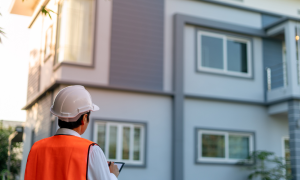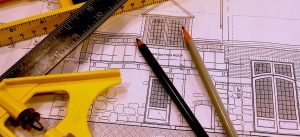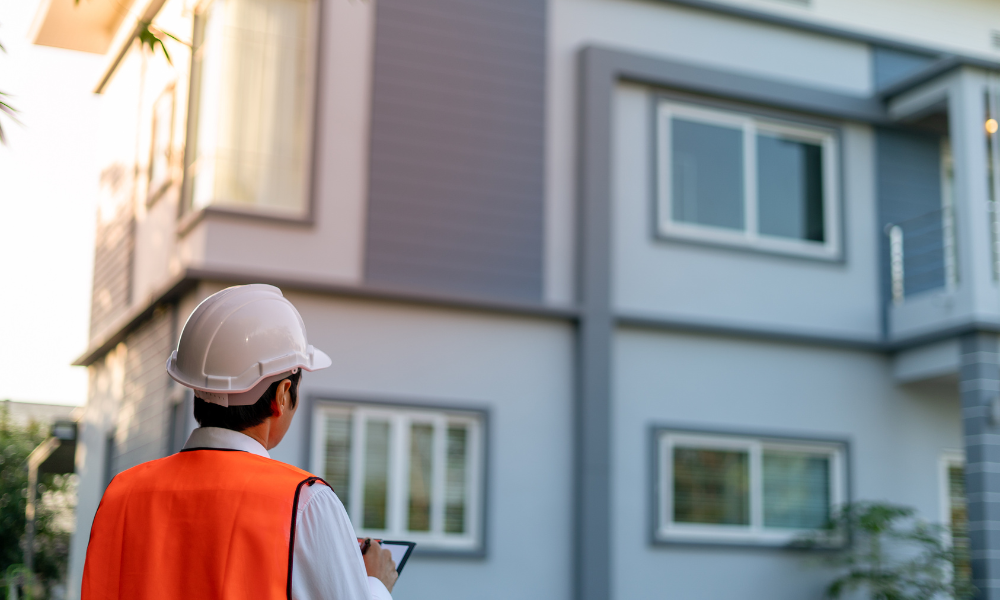Building a custom home is an exciting journey that begins with selecting the perfect lot. The land you choose will not only shape the design and functionality of your home but also impact your lifestyle, convenience, and investment. In this comprehensive guide, we’ll explore the essential factors to consider when choosing the ideal lot for your dream home.
Table of Contents
Location, Location, Location
The old adage “location, location, location” holds true when it comes to selecting a lot for your custom home. The location you choose will define your daily experiences and shape your lifestyle. Consider the following:
- Proximity to work, schools, and amenities: Evaluate the commute time and accessibility to important destinations.
- Neighborhood character: Research the safety, community vibe, and future development plans of the area.
- Geographical preferences: Decide whether you prefer an urban, suburban, or rural setting based on your lifestyle and needs.
Lot Size and Shape
The size and shape of the lot will determine the design possibilities for your custom home. When evaluating a lot, consider:
- Minimum required size: Ensure the lot is large enough to accommodate your home and any future expansions or outdoor living spaces.
- Lot dimensions: Irregular-shaped lots may limit your design options, while rectangular lots provide more flexibility.
- Setback requirements: Familiarize yourself with local zoning laws that dictate the minimum distance between your home and the property lines.
Topography and Terrain
The slope and terrain of the land can significantly impact the construction cost and architectural design of your home. Consider the following:
- Sloped lots: While they may offer stunning views, sloped lots require more groundwork and foundation planning, which can increase construction costs.
- Soil type: The soil composition can affect the feasibility of your building plans. Conduct a soil test to ensure the land is suitable for your desired foundation type.
- Drainage: Assess the lot’s drainage patterns to prevent potential flooding or water damage to your home.
Utilities and Infrastructure
Ensure the lot has access to essential utilities and infrastructure. Verify the availability and proximity of:
- Water, electricity, and sewage: If the lot is not already serviced, factor in the cost and logistics of bringing in these utilities.
- Internet and communication services: High-speed internet and reliable communication services are essential for modern living.
- Roads and transportation: Evaluate the quality and accessibility of roads leading to the lot.
Zoning Laws and Restrictions
Before purchasing a lot, familiarize yourself with the local zoning laws and any potential restrictions. These can include:
- Building codes: Ensure your home plans comply with local building codes to avoid legal issues.
- Homeowners’ association (HOA) rules: If the lot is part of an HOA, understand and adhere to their guidelines and restrictions.
- Historical overlays: Some areas may have additional regulations for properties located in historic districts.
Environmental Factors
Consider potential environmental concerns that could impact your home and your family’s safety. Investigate:
- Flood plains: Determine if the lot is located in a flood-prone area and consider flood mitigation measures.
- Earthquake zones: Understand the seismic activity in the area and ensure your home is designed to withstand potential earthquakes.
- Wildfire risk: If building in a fire-prone region, take precautions like creating defensible space around your home.
Long-Term Considerations
When selecting a lot, think about your long-term plans and the resale value of your custom home. Consider:
- Future expansion: If you anticipate needing more space in the future, choose a lot that can accommodate additions or renovations.
- Resale potential: Lots in desirable locations with good schools, amenities, and growing demand tend to hold their value better.
Partnering with Professionals
Working with experienced professionals can greatly assist in the lot selection process. Consider:
- Real estate agents: Seek agents with expertise in custom home construction and knowledge of local market trends.
- Custom home builders: Partner with builders who understand the unique aspects of your chosen location and can provide valuable insights into lot selection.
- Land surveyors: Hire a professional surveyor to conduct a thorough assessment of the lot, including boundaries, topography, and potential issues.
Conclusion
Choosing the perfect lot for your custom home is a crucial decision that requires careful consideration of various factors. By prioritizing location, lot size and shape, topography, utilities, zoning laws, environmental concerns, and long-term plans, you can make an informed decision that sets the foundation for your dream home. Remember to work with experienced professionals who can guide you through the process and help you navigate any challenges along the way.





